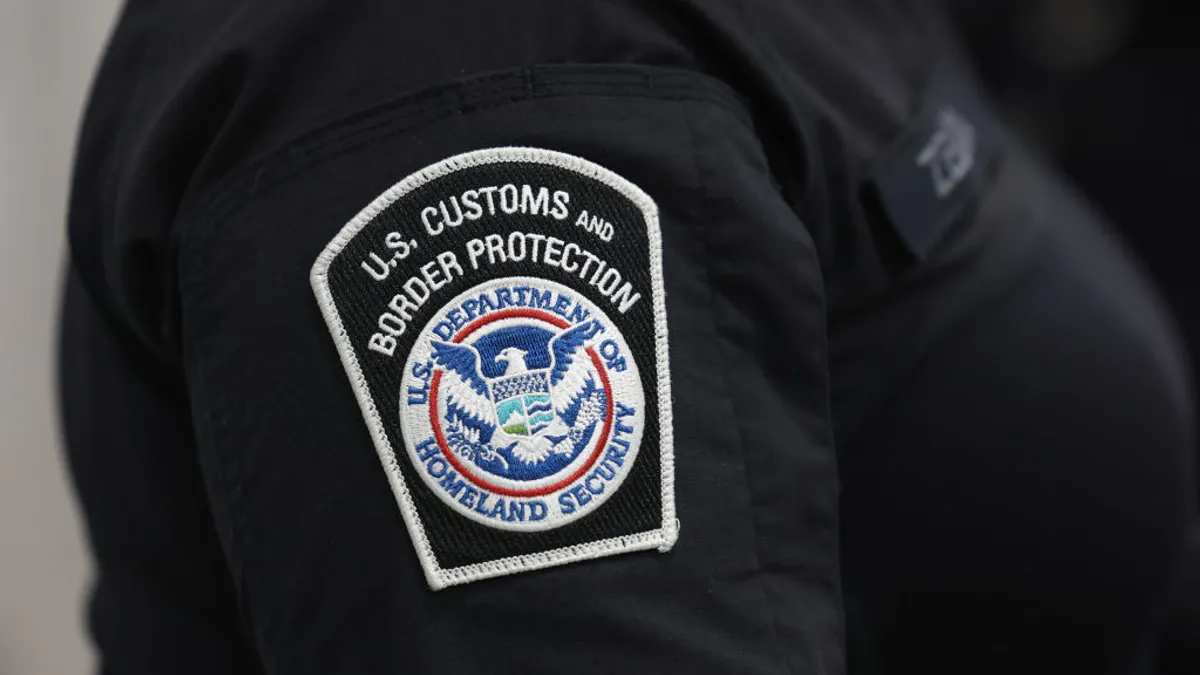The de minimis exemption will be eliminated in two years after President Donald Trump signed a sweeping policy bill into law on Friday.
As part of the package introduced as the “One Big Beautiful Bill Act,” the U.S. will repeal the exemption allowing imports under $800 to enter the country duty and tax free, effective July 1, 2027. Exemptions will remain in place for eligible items bought during travel and bona fide gifts from foreign citizens to U.S. residents.
The bill also establishes a civil penalty, starting 30 days after its enactment, for any person attempting to use de minimis entry in a way that "violates any other provision of" U.S. customs law. The amount is $5,000 for the first violation and up to $10,000 for subsequent violations.
The move builds upon the Trump administration’s efforts to restrict the de minimis exemption, which lawmakers and customs officials have scrutinized in recent years due to contraband entering the U.S. via low-cost packages. Earlier this year, the White House removed the exemption for imports from China and Hong Kong and announced its plans to end de minimis for other countries once systems are in place to collect duty revenue.
The vast majority of de minimis volume entering the U.S. originated from China prior to the May 2 ban, making up 76% of shipments in Custom and Border Protection’s 2024 fiscal year. The full repeal of the exemption in two years would expose low-cost shipments from Canada, Mexico and other countries to tariffs and other import taxes.
E-commerce companies like Shein and Temu have historically benefited from the exemption, which allows them to ship products made internationally direct to U.S. consumers without facing added duties. Some experts say de minimis-reliant supply chains will shift to more traditional bulk shipping models or expanded U.S. fulfillment operations due to policy changes by the Trump administration.
















